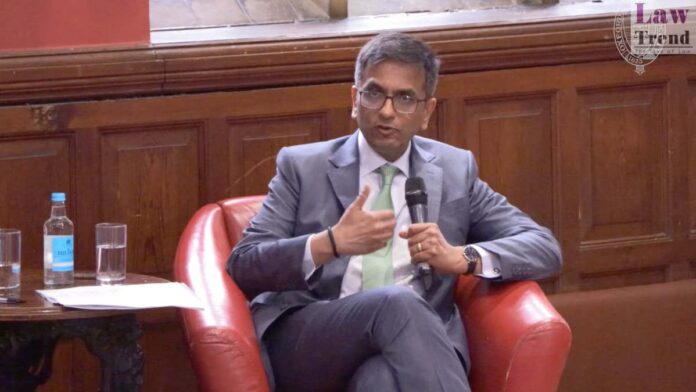More than 150 lawyers have formally raised concerns about a potential conflict of interest involving Justice Sudhir Kumar Jain of the Delhi High Court. The legal professionals penned a representation to Chief Justice of India, D Y Chandrachud, requesting that Justice Jain should have abstained from hearing the Enforcement Directorate’s (ED) appeal against the bail granted to Delhi Chief Minister Arvind Kejriwal.
The contention surrounds Justice Jain’s brother, Anurag Jain, who is an active counsel for the ED. The lawyers highlighted that Anurag Jain, although not directly involved in the money laundering case linked to the alleged excise policy scam concerning Kejriwal, represents a significant conflict of interest that was not disclosed.
This issue gains further complexity as the representation came shortly after vacation judge Niyay Bindu granted bail to Kejriwal on June 20. This decision was swiftly challenged and stayed by the Delhi High Court upon ED’s appeal, a move the lawyers found irregular and unprecedented.
The legal group expressed deep concerns over recent practices within the Delhi High Court and lower courts, which they believe undermine the judiciary’s integrity. They pointed out an unusual internal memo from a district judge advising vacation judges not to issue final orders in pending cases during the court recess, which they argue contravenes the Chief Justice’s directives for speedy court decisions.
The lawyers’ representation, which also includes the signature of Sanjeev Nasiar, head of the Aam Aadmi Party’s legal cell, underscores a growing unease within the legal community over the handling of judicial matters during vacation periods. On July 2, members of the Delhi Lawyers’ Association voiced their objections to the district judge about the restrictive internal memo.
Also Read
The courts in Delhi were on their summer recess from June 10 to June 29, during which time judges rotate as vacation judges. The lawyers argue that the spirit of forming vacation benches has been compromised, affecting the timely resolution of legal proceedings and casting doubts on the administrative handling of judicial affairs.




